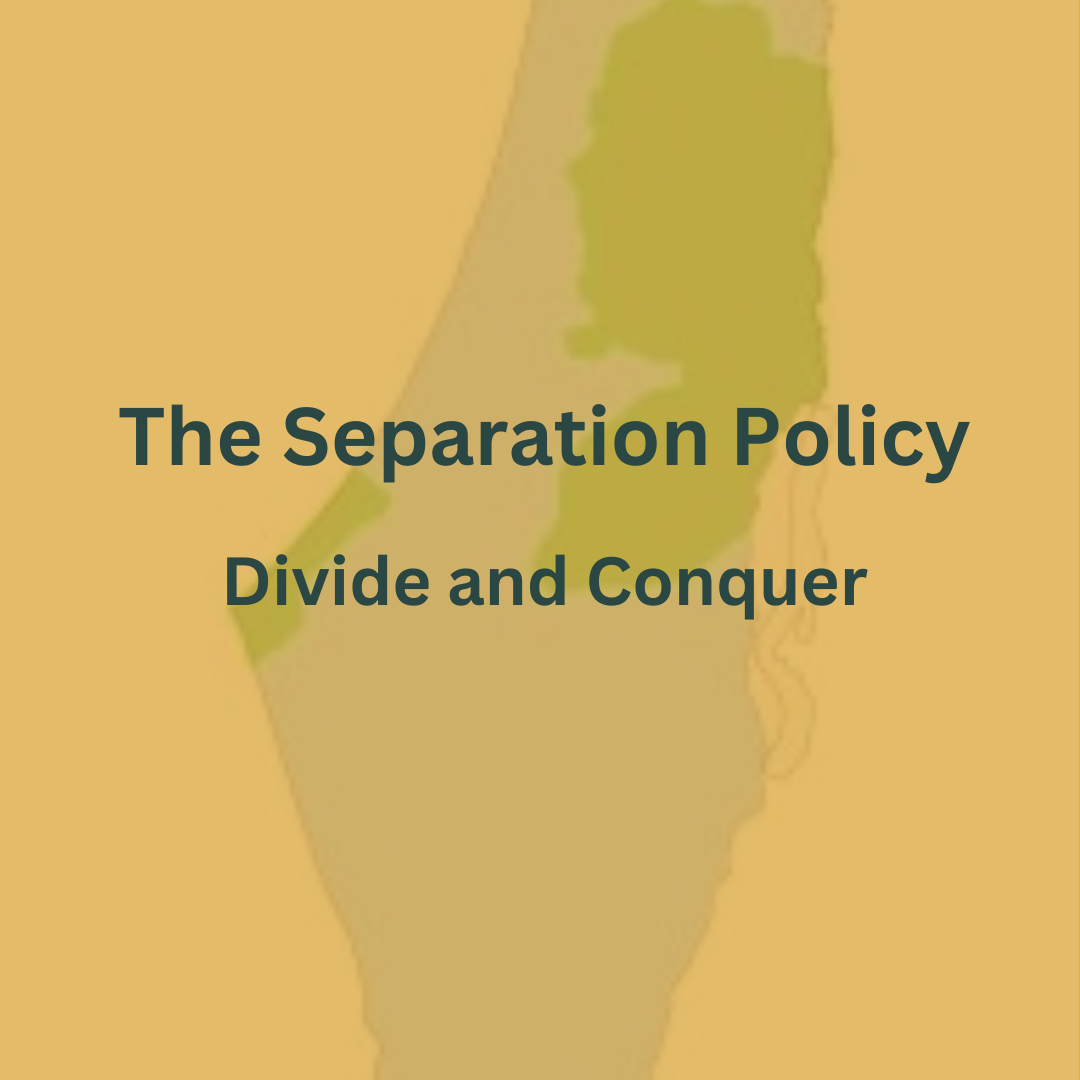A common adage in Israel is that we won the Occupied Palestinian territories and Golan Heights in a war, and therefore it belongs to Israel. What does international law say and how has Israel related to this?
The Law
International law is clear on the prohibition of annexation of territory by force, regardless of whether the war in which the territory was seized was defensive or offensive. This principle is enshrined in the United Nations Charter and has been repeatedly affirmed by the UN Security Council and General Assembly. The Fourth Geneva Convention of 1949 explicitly forbids an occupying power from proclaiming its sovereignty over territory hitherto outside its domain. This prohibition was further reinforced by the 1998 Rome Statute of the International Criminal Court.
The rationale behind this prohibition is to prevent countries from expanding their territories through military means, which would undermine international peace and security. Even in cases where a state argues that it acquired territory in a defensive war, the international community generally does not recognize such acquisitions as legitimate. As Adv. Eliav Lieblich explains that:
If the defending party would be permitted to annex territory, ultimately, all parties would do so. Since no state is likely to accept this form of justice when it’s on the receiving end, defensive annexation would only create, in its eyes, a new just cause for war. The limitation of annexation only to defensive wars would therefore be both ineffective and destructive.
In the Case of the Annexation of East Jerusalem and Golan Heights
The debate over whether the Six-Day War was offensive or defensive is irrelevant to the legality of annexation under international law. Israel’s legal arguments for annexing East Jerusalem (1980) and the Golan Heights (1981) didn’t rely on the war’s nature.
For East Jerusalem, Israel argued the West Bank wasn’t occupied territory as it wasn’t taken from a recognized sovereign state. Recently, the International Court of Justice reaffirmed East Jerusalem’s status as occupied by Israel. In 1981, when extending Israeli law to the Golan Heights, Israel deliberately avoided using the term “annexation” due to its illegality under international law.
This highlights the consistent international legal stance against unilateral annexation, regardless of the circumstances under which territory was acquired.
The work around for the Golan Heights
In a 1981 document titled “Golan Heights Law: Is the Golan Now Part of Israel?,” Elyakim Rubinstein, who was the Foreign Ministry’s legal adviser at the time writes to then-Director General: He advised Israeli officials to stick to the words “applying law, jurisdiction and administration” without denying or confirming that the Golan was annexed. Today, Israel and the U.S. are the only two countries to recognize the Golan Heights as a sovereign part of Israel.
The Bottom line – This adage does not fit with international law
The common adage that Israel has a right to unliterally annex land occupied in 1967 does not fit with international legal norms. This illegality was clearly recognized in the past by Israel’s own legal teams, who worked to circumvent this prohibition in order to annex on these areas. Similarly, Israel in 2024 has changed the structure of the administration in the West Bank in order to pursue unilateral annexation without declaring it as such. In the 1980s and in 2024, unilateral annexation remains illegal in international law.
For free sources and follow up resources to this post (with clickable links):
Sources can be found in full here!


